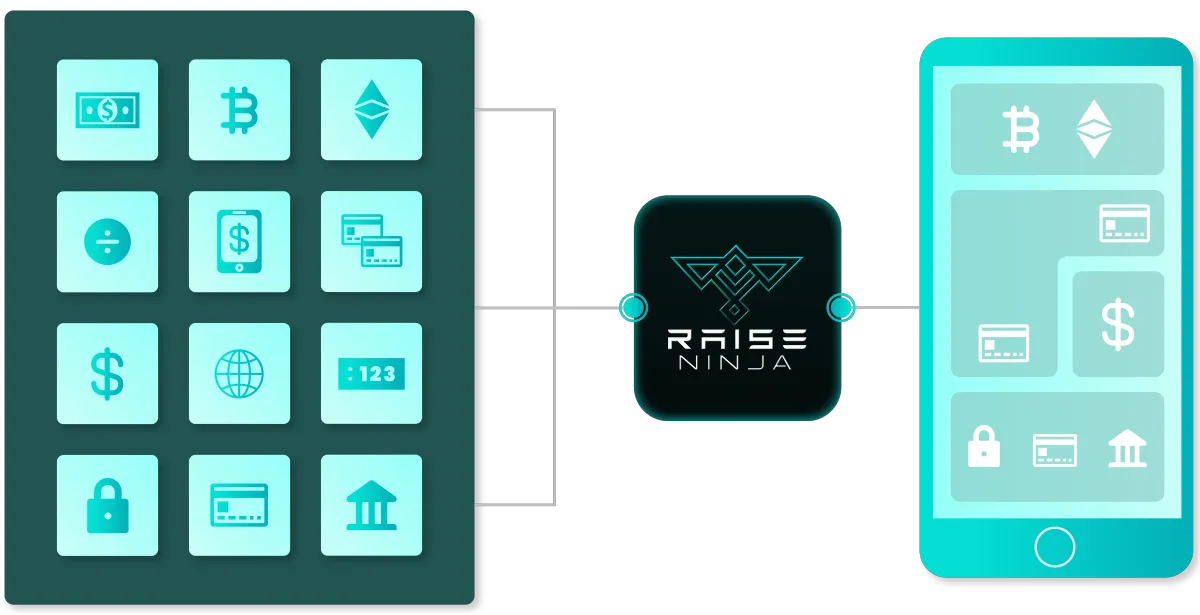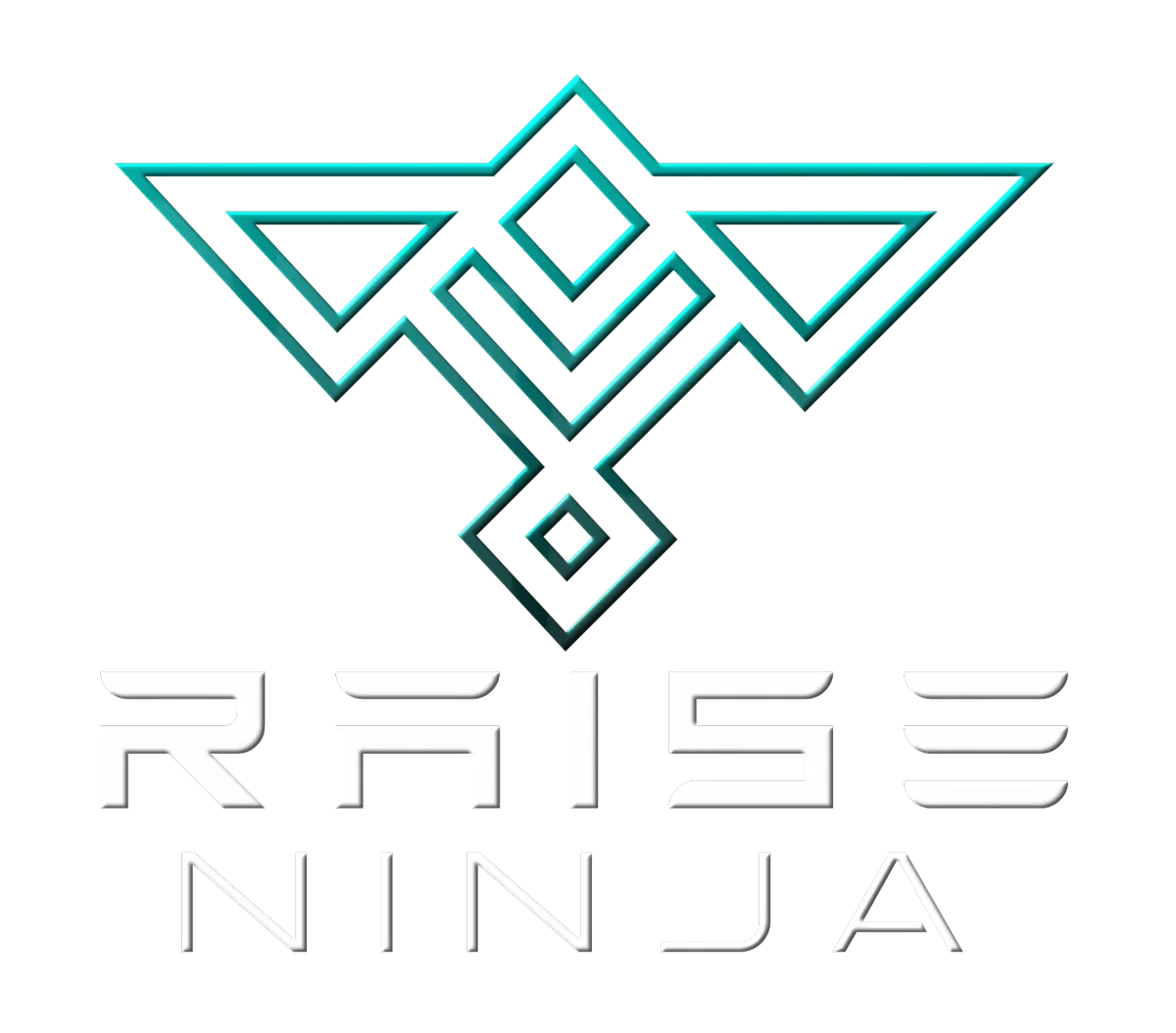Raise Unlimited Amounts Of Capital
Under Rule 506(c) of Regulation D, an issuer may advertise their securities offering to the general public without having to register with the SEC, as long as the securities are only sold to accredited investors and the company verifies that the investors are accredited.


Reg D Done Right
Why 506c? . Our "Bread And Butter" is marketing...506c allows us to use social media, and use other advertising and soliciting techniques to solicit investments from large numbers of investors to raise money so long as the business does not commit fraud in doing so and limits investors to “accredited investors”.
What is Title II (Reg D 506c) Crowdfunding?
Through Regulation D, Rule 506(c), issuers can conduct what is referred to as Title II crowdfunding. This offering places no maximum limit on the amount raised, but only accredited investors can invest in Title II offerings. Similarly, there is no limit placed on individual investors. The process is to launch this type of offering is typically very quick, requiring no audited financial statements. However, there is a maximum of 2,000 shareholders placed on these offerings.
Regulation D allows smaller companies that cannot afford a registered public offering to still access capital markets. The provisions in Regulation D also serve as safeguards for investors in private offerings, allowing them to verify that a company meets the exemption requirements and is not engaging in fraudulent activity.
Why Reg D?

Efficient And Fast
Regulation D is a wonderful resource for entrepreneurs and small business owners because it provides a relatively efficient and fast mechanism to raise capital without having to undertake the time-consuming and incredibly expensive SEC registration process (never mind the state registration process).

Registration Exempt
Simply put, SEC Reg D is an exemption from registration requirements for private companies or entrepreneurs. It’s a smart tool for smaller companies that can’t handle the expense of a public offering but still want to raise capital and open their businesses to investors.

Marketing Friendly
Much of Rule 506(c)’s popularity is because the issuer is authorized to use general solicitation and advertising to market the offering, thereby allowing a company to reach out to new investors by promoting the terms of the offering on an unrestricted, publicly available website.
How It Works
#1 - Plan & Structure Your Offering
Planning and structuring usually includes: setting share price or note amounts, determining how much of the company to sell (in equity transactions), which Reg D program to use, setting the maturity date and rate of return for promissory notes (in debt situations), share allocations to principals (so they maintain a set amount of control in the company), minimum and maximum offering amounts which set the effective range of the offering, minimum amount of investment per investor, etc.


#2 - Draft Offering Documents
Once the type of Reg D offering has been selected, companies must draft offering documents, including a private placement memorandum (PPM) or other disclosure document. The PPM must contain detailed information about the offering, including the terms of the investment, risks associated with the investment, and financial information about the company.
3 - File Form D
Companies must file Form D with the SEC within 15 days of the first sale of securities in the Reg D offering. Form D is a notice of exempt offering that provides the SEC with basic information about the offering, including the type of offering, the amount of securities sold, and the number of investors.


#4 - Comply With "Blue Sky Laws"
In addition to federal securities laws, companies must comply with state securities laws, also known as "blue sky laws." These laws vary from state to state and may require companies to file additional paperwork or pay additional fees to sell securities in a particular state.
#5 - Conduct Your Offering
After completing the necessary paperwork and complying with federal and state securities laws, companies can begin to market and sell their securities to investors. Depending on the type of offering, companies may be allowed to engage in general solicitation and advertising, or they may be limited to selling securities to a select group of investors.


#6 - After The Raise
Our platform provides messaging and managing tools for the company and investors to collaborate online after closing the round.
Companies that have sold securities in a Reg D offering may be required to provide ongoing disclosure to their investors. This may include providing regular financial statements, business updates, or other relevant information about the company.
Raise IQ is currently building reporting tools to allow companies to manage communications with their shareholders directly from Raise IQ.
Call 202-717-3797
Email:info@raiseninja.com
Site: www.raiseninja.com
Legal Disclaimer
The offering will be made only by means of an offering circular. An offering statement regarding this offering has been filed with the SEC. The SEC has qualified that offering statement which only means that My Company, Inc. may make sales of the securities described by that offering statement. It does not mean that the SEC has approved, passed upon the merits or passed upon the accuracy or completeness of the information in the offering statement. The securities offered by My Company, Inc. are highly speculative. Investing in shares of common stock of My Company, Inc. involves significant risks. The investment is suitable only for persons who can afford to lose their entire investment. Furthermore, investors must understand that such investment could be illiquid for an indefinite period of time. No public market currently exists for the securities, and if a public market develops following the offering, it may not continue. You may obtain a copy of the Form 1-A offering circular that is part of said offering statement here. You should read the offering circular before making any investment.
Forward-Looking Statements
The offering materials and this letter may contain forward-looking statements and information relating to, among other things, My Company, Inc., its business plan, objectives and strategy, and its industry. These forward-looking statements are based on the beliefs of, assumptions made by, and information currently available to the company's management. When used in the offering materials, the words "estimate," "project," "believe," "anticipate," "intend," "expect" and similar expressions are intended to identify forward-looking statements, which constitute forward-looking statements. These statements reflect management's current views with respect to future events and are subject to risks and uncertainties that could cause My Company, Inc.s actual results to differ materially from those contained in the forward-looking statements. Investors and readers are cautioned not to place undue reliance on these forward-looking statements, which speak only as of the date on which they are made. My Company, Inc. does not undertake any obligation to revise or update these forward-looking statements to reflect events or circumstances after such date or to reflect the occurrence of unanticipated events.
